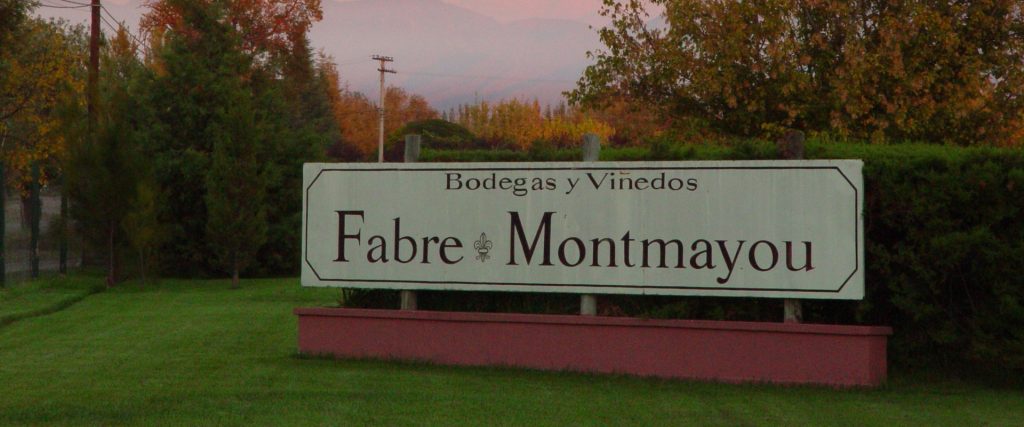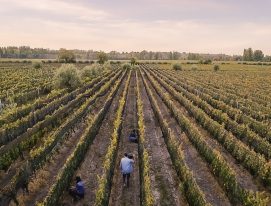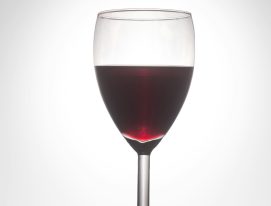From their base in Mendoza, Argentina, since their founding, Bodegas Fabre have been dedicated to producing quality wines that have earned plenty of recognition at home and overseas. In recent years, Bodegas Fabre have altered their approach to implement sustainable practices at every stage of their operation. This commitment is reflected in a series of initiatives designed to minimize their environmental impact and improve working conditions for their employees and throughout the production chain as well as making a positive contribution to the local community.
Bodegas Fabre and a solid path to sustainability
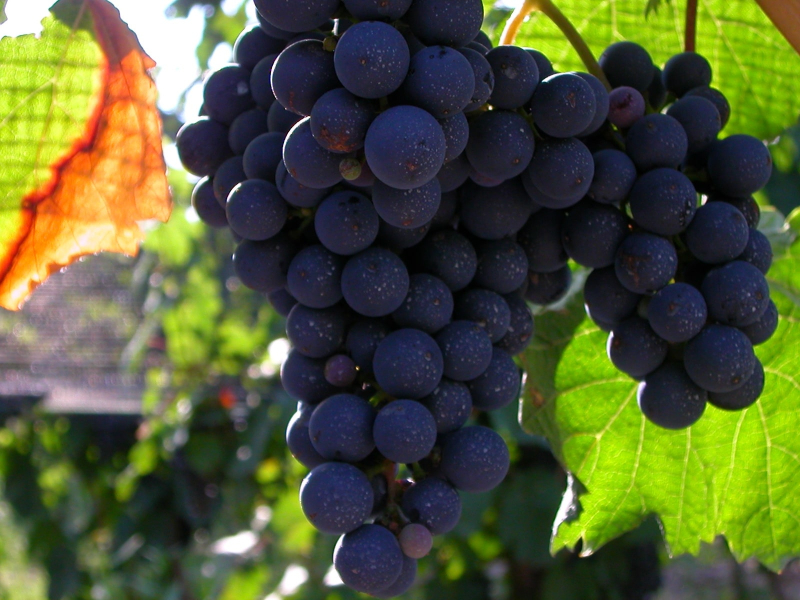
In 2023, the winery decided to merge their Quality Control Department with their Sustainability Department in order to reinforce and integrate sustainable practices based around the pillars of society, environment and the economy. The change didn’t just focus on maintaining the quality and security of the food but also ensuring the safety and wellbeing of consumers and workers alike.
However, the transition to a more holistic, sustainable outlook began long before. In 2016, Bodegas Fabre started the process of implementing the Bodegas de Argentina Sustainability Protocol, which included exhaustive measurement of water, energy and fuel consumption as well as monitoring of greenhouse gas emissions. In 2022, they were certified in the protocol at the winery and the Gualtallary vineyard that produces the raw materials for their Viñalba export line. Said vineyard is conserving 3650 hectares of untouched forest, a vital refuge for local biodiversity. The natural space houses a rich variety of flora and fauna, which contributes significantly to the health of ecosystems.
The metrics, says Natalia Marital, the Head of Sustainability at Bodegas Fabre, are fundamental to identifying areas of improvement and developing strategies to reduce environmental impact.
Along the way, for the past four years, the winery has also been undergoing audits of the four SMETA pillars, which evaluate the labor, hygiene, work safety, environmental management and ethical policies of a company.
Social improvements for a more committed future
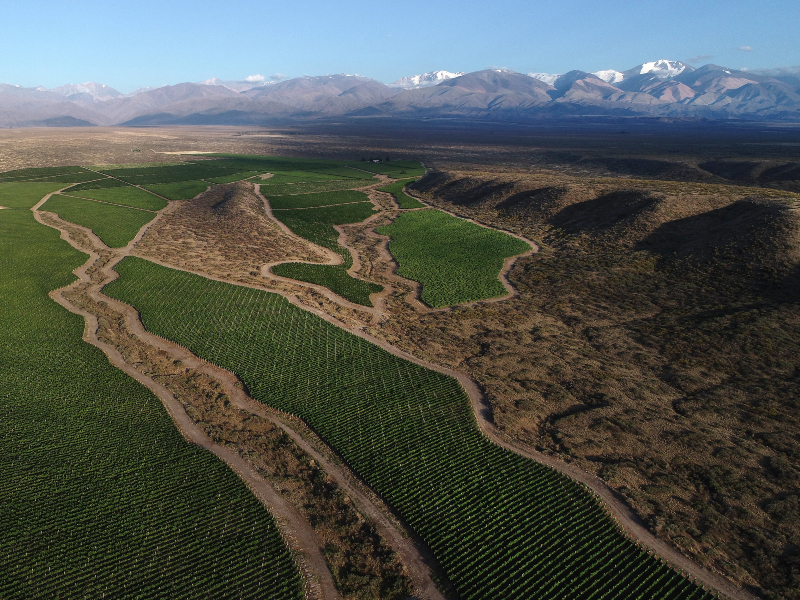
In January 2024, Fabre implemented a benefit program for their entire workforce, including a reduction of working hours on Fridays. They are also offering transport to facilitate access to the winery in Perdriel, which has the added bonus, they say, of being an efficient way of reducing the carbon footprint of individual staff commutes.
The winery has a close relationship with its community: Bodegas Fabre are working with different social actors to manage waste more efficiently. A distinctive and original example is a recycling program for bottle packaging, which is sent to the local penitentiary to be transformed into baskets. The winery also collaborates with local schools and residents through the donation of materials and other needed supplies as identified in community surveys.
Meanwhile, they’re running a comprehensive waste management program that includes the reclamation of glass, cardboard and plastic. In partnership with the Municipality of Luján de Cuyo and urban collectors – who gather smaller quantities – they make sure that the materials are properly recycled.
Wines and sustainability: a profound bond
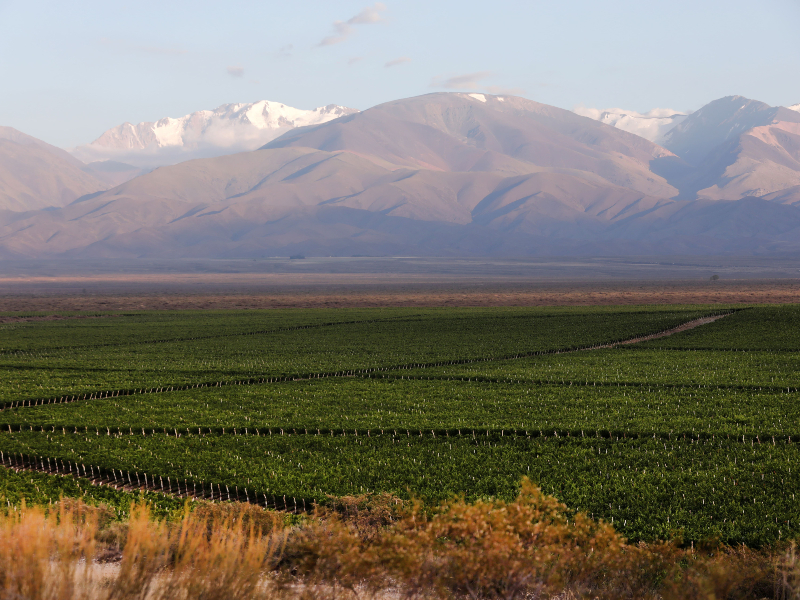
As part of Bodegas Fabre’s commitment to a change in paradigm, says Natalia Marital, they have also decided to modify their labels so that they have a liner – the paper on which the stickers are glued – made from reusable PET so as to further reduce waste. At the same time, to reduce the impact of their packaging, Fabre have reduced the weight of most of their bottles to less than 400 grams.
This change has been implemented in collaboration with their glass product suppliers, Verallia, and applied to several product lines including the Gran Reserva. Today, Bodegas Fabre produces 100% vegan wines and are certified by BRC Food, a globally recognized certifier that ensures the quality and safety of their products. It’s a certification that is especially important in markets such as the UK, where food safety is a priority.
The winery is also in the process of completing its analysis of the life cycle of their Viñalba Reserva Malbec in order to neutralize or compensate for its carbon footprint. This analysis includes the entire production chain, from the raw material to the end consumer. In addition, they’re working to calculate their overall carbon footprint with the help of the Circular Carbon program so as to get real time indicators and develop more effective mitigation plans.
Bodegas Fabre monitor their energy consumption in real time and Marital says that they’re exploring the use of renewable energy. They also have flow meters to monitor the use of water in different parts of the winery and an effluent treatment system to reuse the water from agricultural irrigation. At their vineyards, they implement efficient watering systems including drip irrigation in Gualtallary.

